
Nigeria’s Passport Hike: How Rising Fees and Western Influence Are Pricing Ordinary Nigerians Out of Global Travel
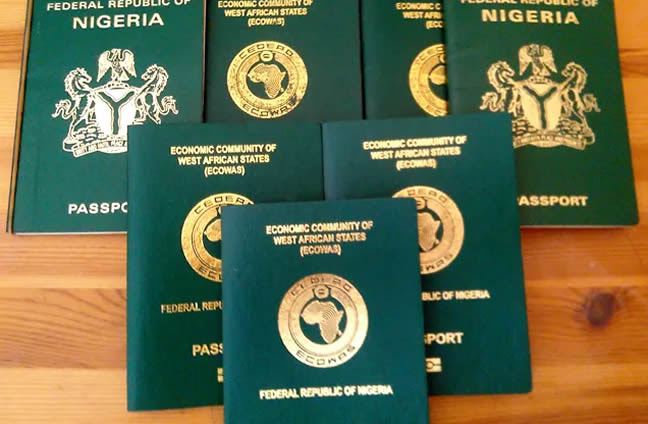
Nigeria’s recent decision to raise the cost of international passports has sparked outrage across the country. For ordinary citizens, students, young professionals, and small business owners, this policy feels like a direct attack on opportunity. However, beyond domestic dissatisfaction, there’s a broader context that connects this seemingly local decision to global pressures and Western influence.
While the Nigerian government claims the increase is necessary to cover administrative costs, improve security features, and generate revenue, it is impossible to ignore the influence of global economic systems on domestic policy decisions. Many developing countries, including Nigeria, have long been encouraged, directly or indirectly, by Western-led financial institutions to adopt user fees for public services as a means of generating revenue. The result is a form of economic governance that, while framed as “local policy,” is shaped by global norms established primarily in Western capitals.
Moreover, the very structure of international passports, their security standards, biometric systems, and global recognition are a product of international agreements and protocols heavily influenced by Western nations. By tying domestic fees to global standards, the cost burden often falls disproportionately on citizens in developing countries. Nigerians pay more not only because of local administrative expenses but also because global systems, designed mainly by Western powers, demand compliance and high standards.
Globalisation itself, championed by Western countries, also indirectly drives these costs. Travel, trade, and international business increasingly require secure, standardised documentation. The more integrated a government wants to be in global networks, the higher the costs of compliance will be. For everyday Nigerians, this means that the passport price is not merely a domestic fee; it is an entry ticket into a global system whose rules were written elsewhere.
Economic pressures within Nigeria amplify this challenge. Inflation, currency instability, and rising government expenditures, compounded by pressure to meet international financial expectations, prompt policymakers to adopt revenue-generating measures, such as passport fees. These pressures are often reinforced by global debt obligations, structural adjustment programs, and fiscal mechanisms influenced by Western institutions.
On August 28, 2025, the Nigerian government announced a significant increase in passport application fees, effective September 1. The cost for a 32-page, five-year passport rose to ₦100,000, while the 64-page, ten-year version now costs ₦200,000. This marks the second substantial fee increase in just over a year, following the August 2024 hike from ₦35,000 to ₦50,000 for the 32-page passport, and from ₦70,000 to ₦100,000 for the 64-page passport.
The Federal Government, through the Nigeria Immigration Service (NIS), defended the hike as essential for improving the quality and efficiency of passport issuance. Interior Minister Olubunmi Tunji-Ojo emphasised that the increase would eliminate long delays and systemic corruption, aiming for passport delivery within one week of application. He highlighted that under the previous system, applicants sometimes endured waits of up to seven months or were forced to pay bribes as high as ₦200,000 to expedite their applications.
The NIS also announced the establishment of a centralised personalisation centre, the largest in Africa, which aims to ensure faster processing and tighter security. This facility is expected to print five times more passports than currently needed, with a 24-hour vetting process. Additionally, Passport Control Officers will no longer have the authority to approve or delay applications, a move aimed at curbing corruption and restoring credibility to Nigeria’s travel documents.
The new fees are exorbitant, especially given Nigeria’s economic challenges. Former presidential candidate Peter Obi condemned the hike, stating that in a country where the new minimum wage is only ₦70,000, the cost of a single passport now exceeds a worker’s monthly salary. He described the situation as “a burden on Nigerians.”
The policy raises broader questions about economic accessibility and mobility. The increased costs disproportionately affect low-income individuals and families, potentially entrenching social inequalities and limiting opportunities for those who cannot afford the new fees.
The passport price hike is more than a domestic revenue strategy; it reflects how global and Western economic structures indirectly influence local policy. While Nigeria must generate revenue and align with international standards, policymakers must also consider the social and economic consequences for ordinary citizens. A balanced approach that protects opportunities while meeting administrative and global obligations is not only desirable but essential for a fair and inclusive Nigeria.
Read: Russia Proposes Establishment Of Nuclear Power Plant in Niger
About The Author
Related Articles
Deadly Airstrikes in Borno Expose Tinubu Government’s Focus on Benin Deployment Over Proper Air Force Training
A Nigerian Air Force (NAF) jet has reportedly mistakenly bombed civilians in...
ByWest Africa WeeklyDecember 16, 2025MLMs Like Neolife Face Rising Criticism in Nigeria Over Financial Losses, Psychological Stress, and ‘Brainwashing’ of Young People
Multi-level marketing (MLM) companies operating in Nigeria, including well-known names such as...
ByWest Africa WeeklyDecember 16, 2025China Backs Ghana’s Drive for Responsible and Sustainable Mining
China has reaffirmed its commitment to working with Ghana to advance sustainable...
ByWest Africa WeeklyDecember 16, 2025Nigeria Awaits FIFA Ruling Over DR Congo Player Eligibility
Nigeria is awaiting a decision from FIFA following an ongoing investigation into...
ByWest Africa WeeklyDecember 16, 2025


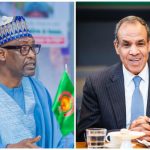
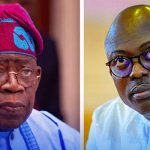



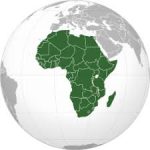
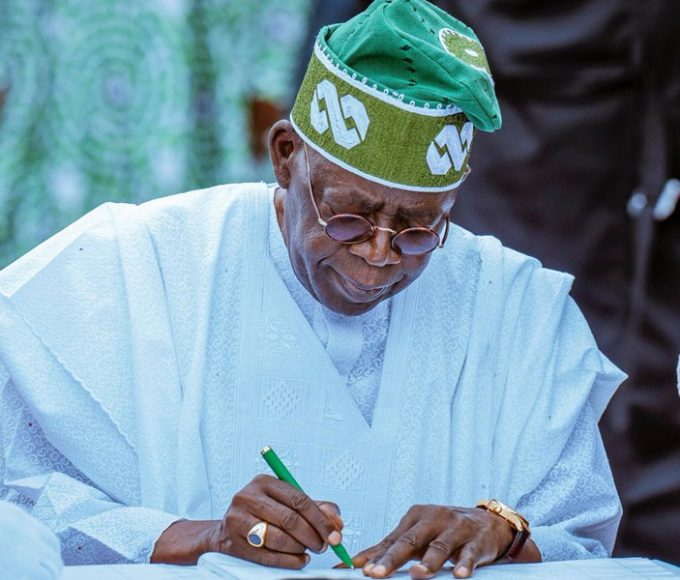

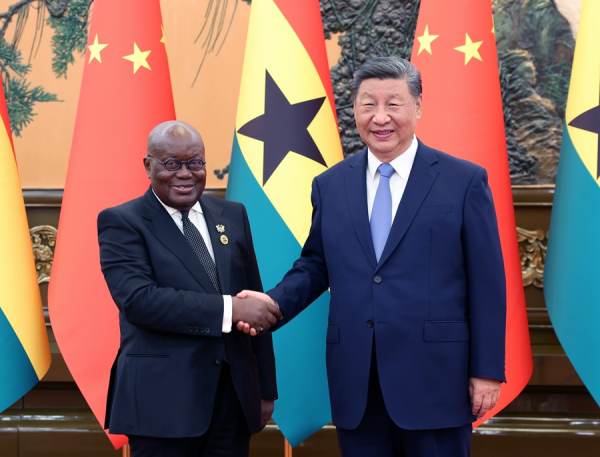

Leave a comment